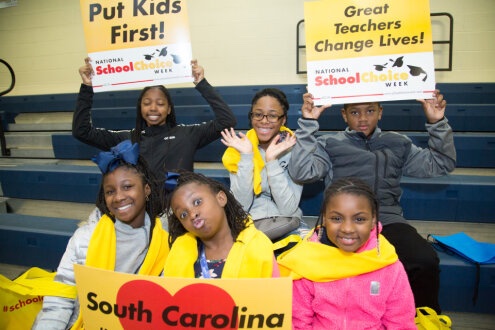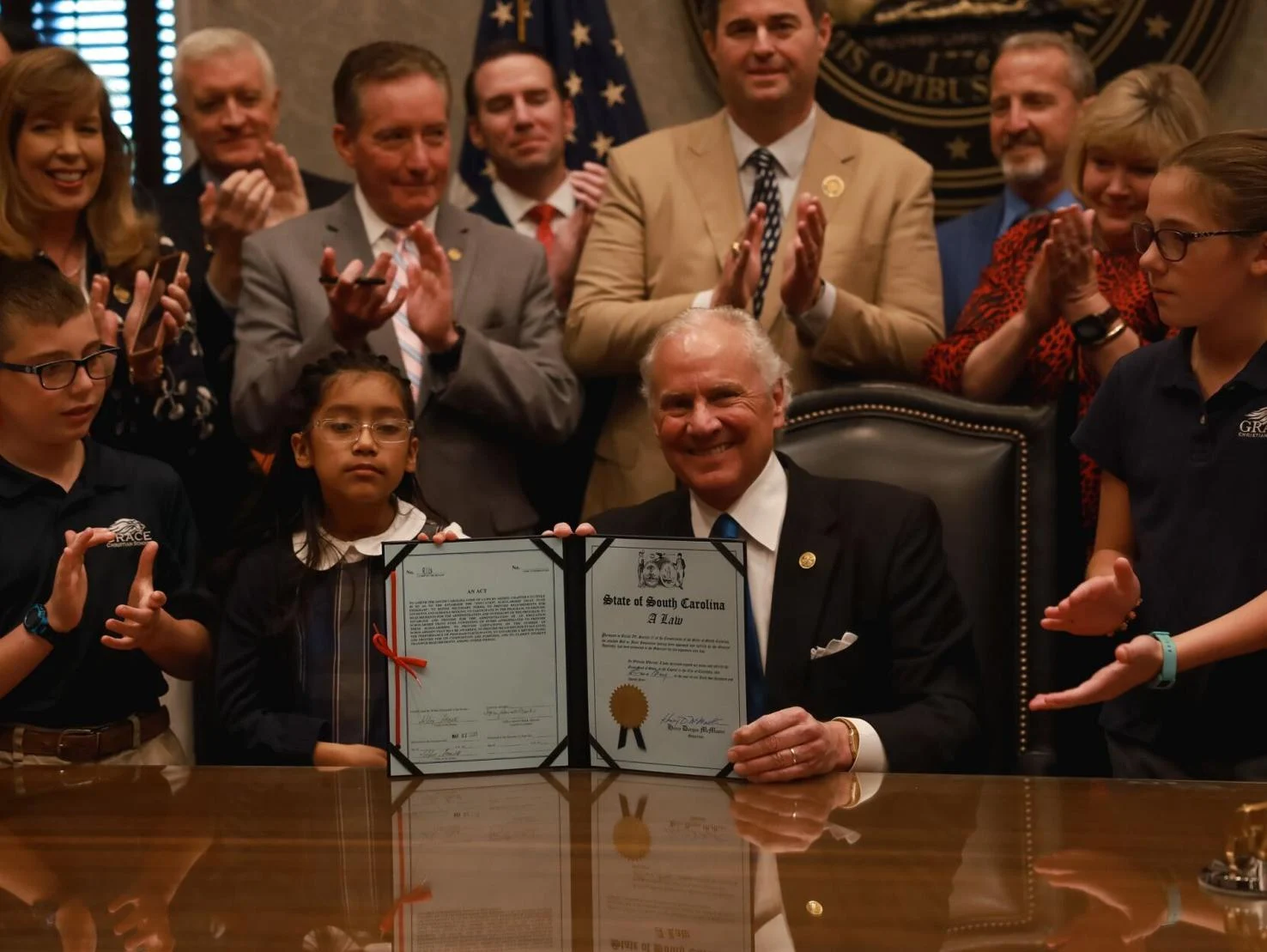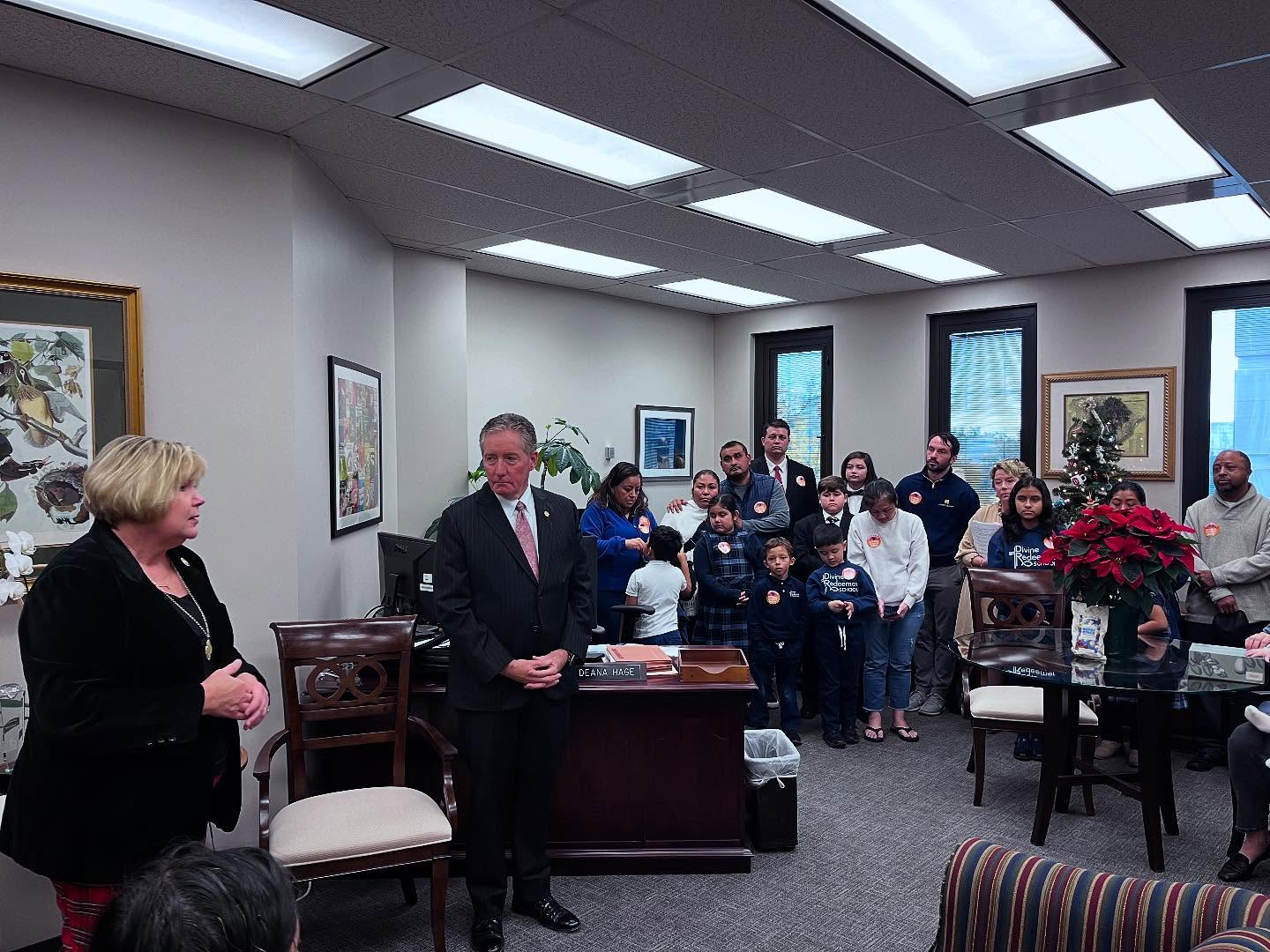South Carolina House passes school choice bill, moving state closer to restoring school choice
This piece by Adam Whittenberg originally published in The Lion cites Palmetto Promise’s ESTF Family Rescue Fund work.
South Carolina is one step closer to restoring school choice after the state House passed a school choice plan Wednesday.
By a 79-38 vote, the Republican-controlled House approved a plan to fund private school scholarships from the general budget.
A plan approved by the Senate earlier this month would use revenue from the state’s lottery, as a way of getting around a state prohibition on using public dollars to directly benefit private or religious schools, also known as a Blaine Amendment.
In September, the state Supreme Court found the state’s school choice program unconstitutional, ending it just weeks into the school year and after participants had received the first of four expected scholarship payments.
With thousands of students left in the lurch, Wendy Damron of the Palmetto Promise Institute solicited donations from pro-school choice billionaire Jeff Yass and others to cover more than $2.4 million of the $3 million needed to keep those students in their private schools.
The House plan would reinstitute educational savings accounts, or ESAs, for students in families earning 300% or less than the federal poverty level. That limit would rise to 400% the next year, 2026-27, and then be lifted entirely the following school year.
It would make 10,000 scholarships available for this upcoming school year, 15,000 the next year and no cap the year after that.
While Republicans control both houses of the legislature and the governorship, there are some discrepancies between the House and Senate plans.
Besides the funding source, the Senate voted to fund scholarships of about $7,500, or 90% of what the state spends per public school pupil, but the House plan would start with $6,000 scholarships and then increase them based on the percentage increase in state public school funding.
While the funding matter is contentious, other states’ ESA programs have withstood legal challenges, and the U.S. Supreme Court has ruled that money given to parents to put toward their child’s education at a private school is not the same as government directly funding private or religious education.
The makeup of the South Carolina Supreme Court has also changed since the September ruling, giving Damron and others confidence a new program would withstand a legal challenge.
Gov. Henry McMaster, a Republican, supports school choice and would likely sign a new bill once the House and Senate agree on a compromise bill.




